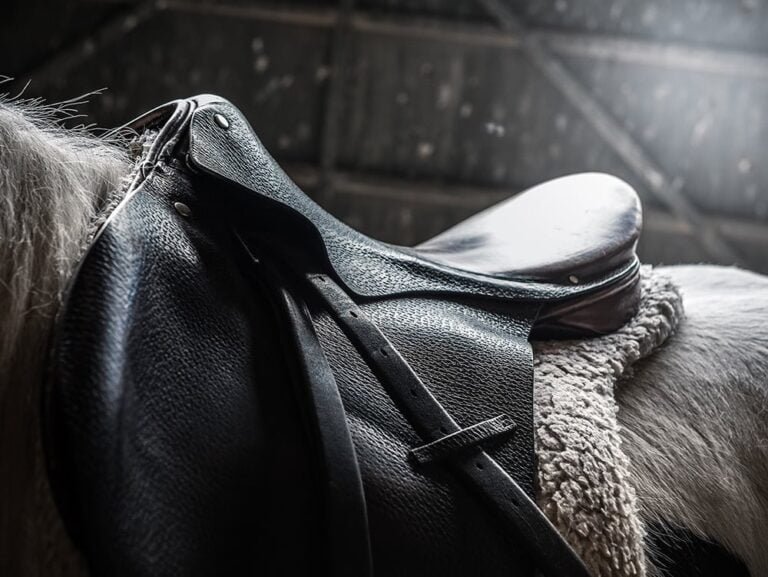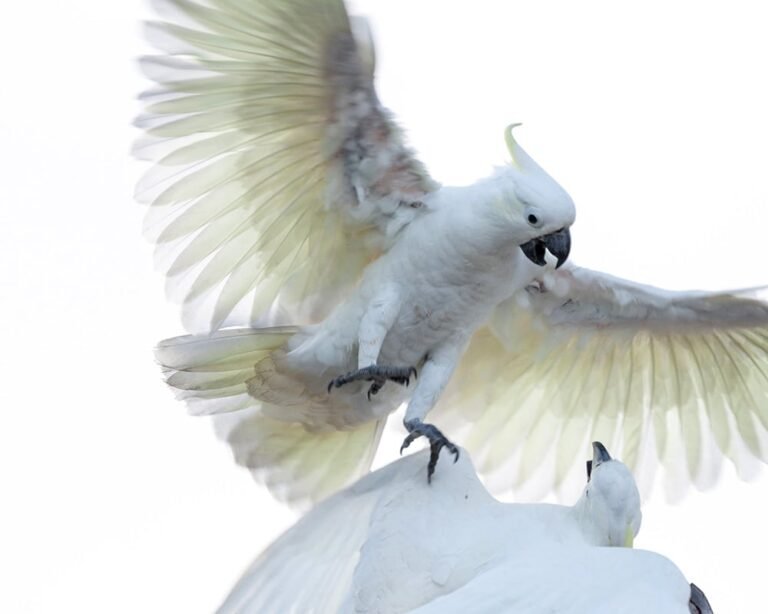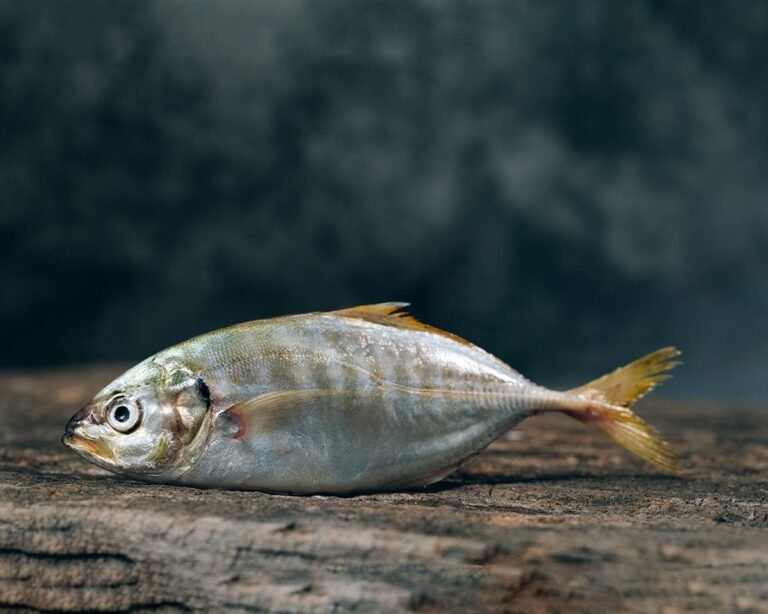battre la campagne
“Battre la campagne” is a French saying that literally means “to beat the countryside.” What it really means is “to talk nonsense,” “to rant,” or “to travel over large areas in search of something or someone.”
It comes from a practice used by hunters of getting servants or friends to use sticks to beat bushes over a wide area. This would flush out game, which could then be shot (using bows or guns) by the hunters. That game could be wild birds, wild boar, deer, rabbits or other animals.
The nearest equivalent English idiom is “to beat around the bush,” which comes from a similar origin that references hunting practices, although it doesn’t mean quite the same thing as the French expression. The English expression means to avoid the main topic by talking around it.






